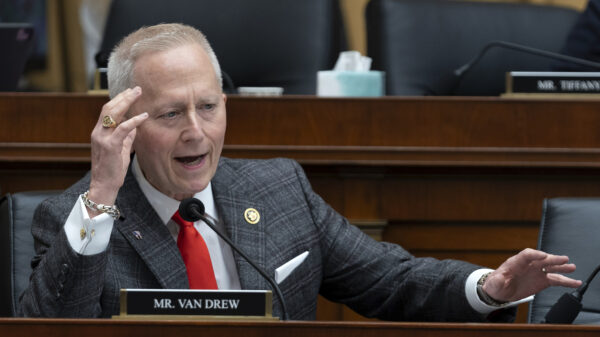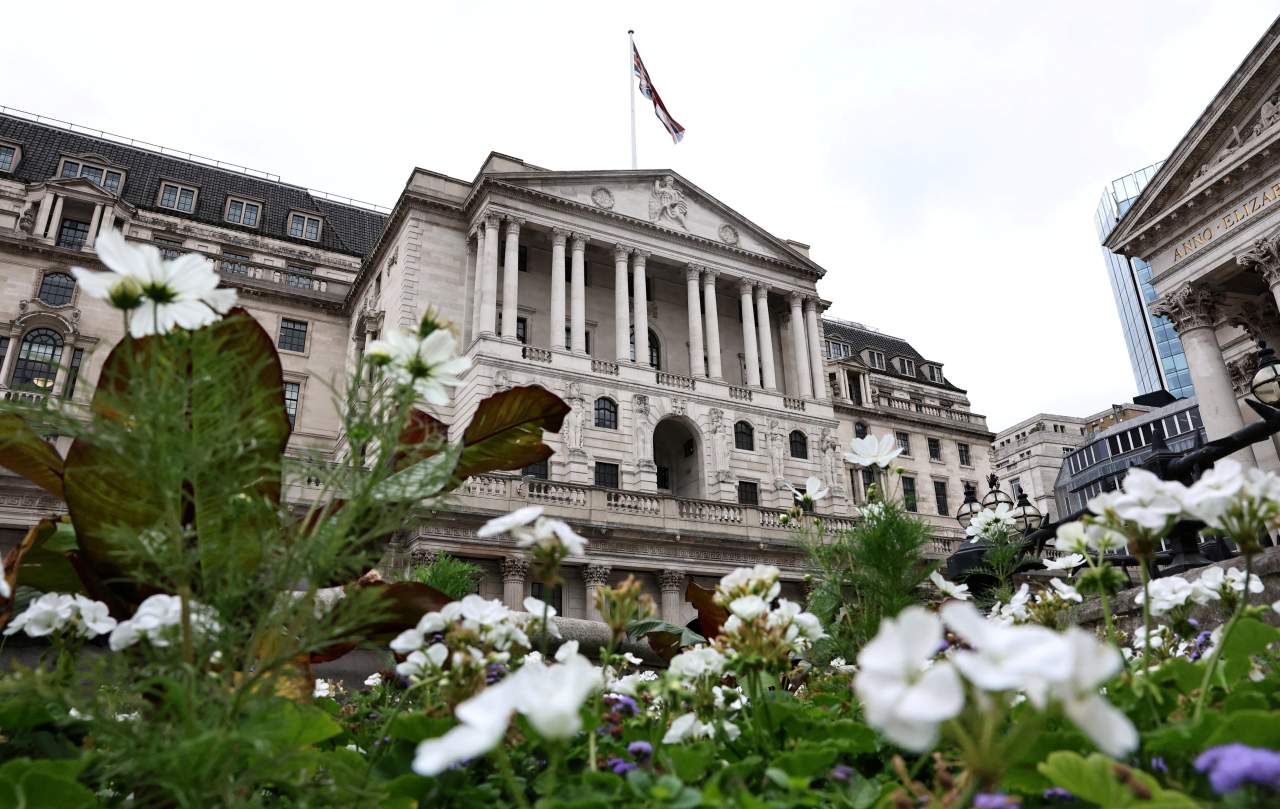The British Labour Party is navigating a critical economic landscape as tax increases are expected without corresponding cuts in public spending. This strategy has prompted concern among financial analysts, with bond investors closely monitoring the situation for signs of fiscal instability. The implications of these decisions could affect the UK’s borrowing costs and overall economic health.
Tax Strategy and Its Consequences
In a move to address the country’s financial challenges, the Labour Party has proposed increasing taxes significantly, which could reach a total of £32 billion. This approach aims to enhance public services and reduce the national debt. However, financial experts are warning that without accompanying spending cuts, the strategy may lead to an unsustainable fiscal environment.
According to the Treasury, the increase in taxes is intended to bolster funding for crucial areas such as healthcare and education. Yet, the Office for Budget Responsibility has indicated that rising debt levels could challenge the government’s financial credibility. Investors, often referred to as “bond vigilantes,” are already expressing skepticism about the sustainability of this fiscal approach.
Market Reactions and Future Outlook
The Bank of England has also weighed in, citing concerns that excessive borrowing could lead to increased interest rates, further complicating the economic recovery. If confidence wanes among investors, the UK could face higher borrowing costs, ultimately impacting taxpayers.
Analysts emphasize the need for a balanced approach that includes both increased revenue and strategic spending cuts. Without such measures, the Labour Party may struggle to maintain economic stability while pursuing its social agenda. The next few months will be critical as the government seeks to implement its plans and respond to market reactions.
As the situation unfolds, the Labour Party’s ability to navigate these challenges will be crucial for its political future and the broader economic landscape of the UK. The outcome of these fiscal policies will likely resonate beyond the immediate financial sector, affecting citizens and service delivery across the nation.








































































